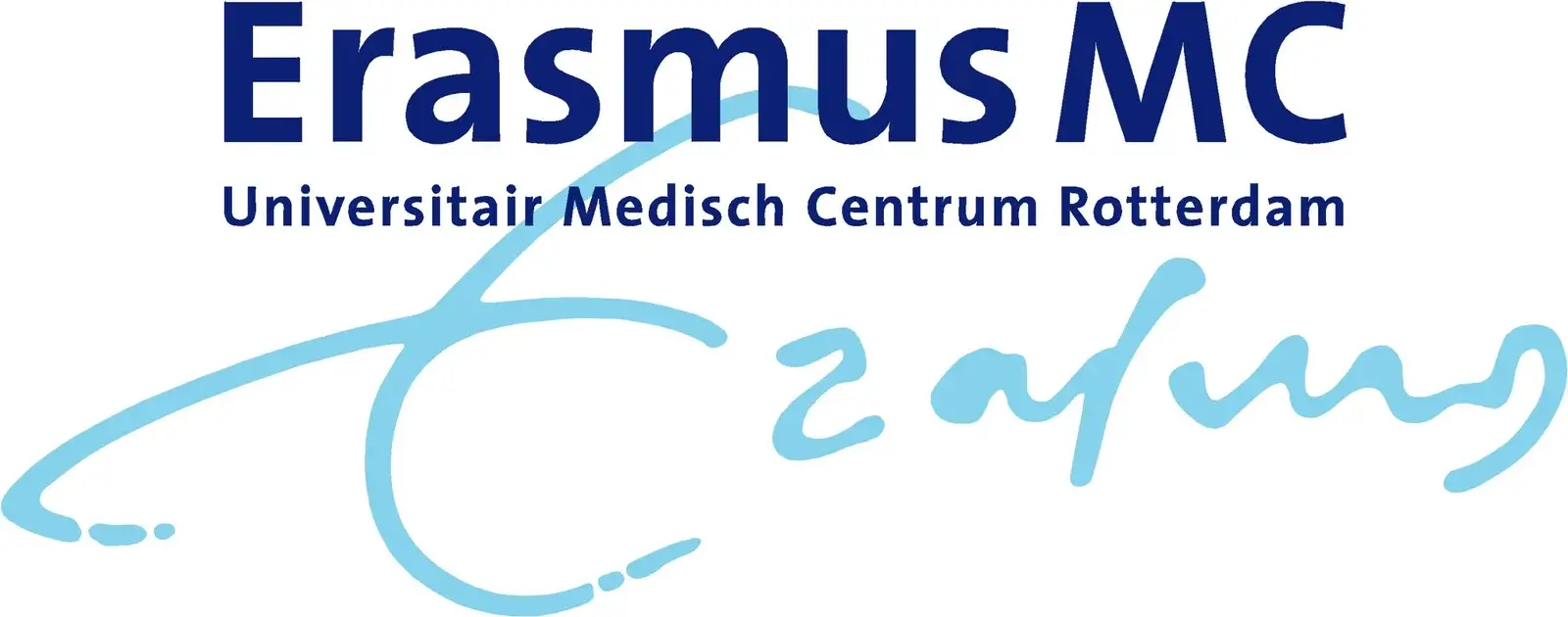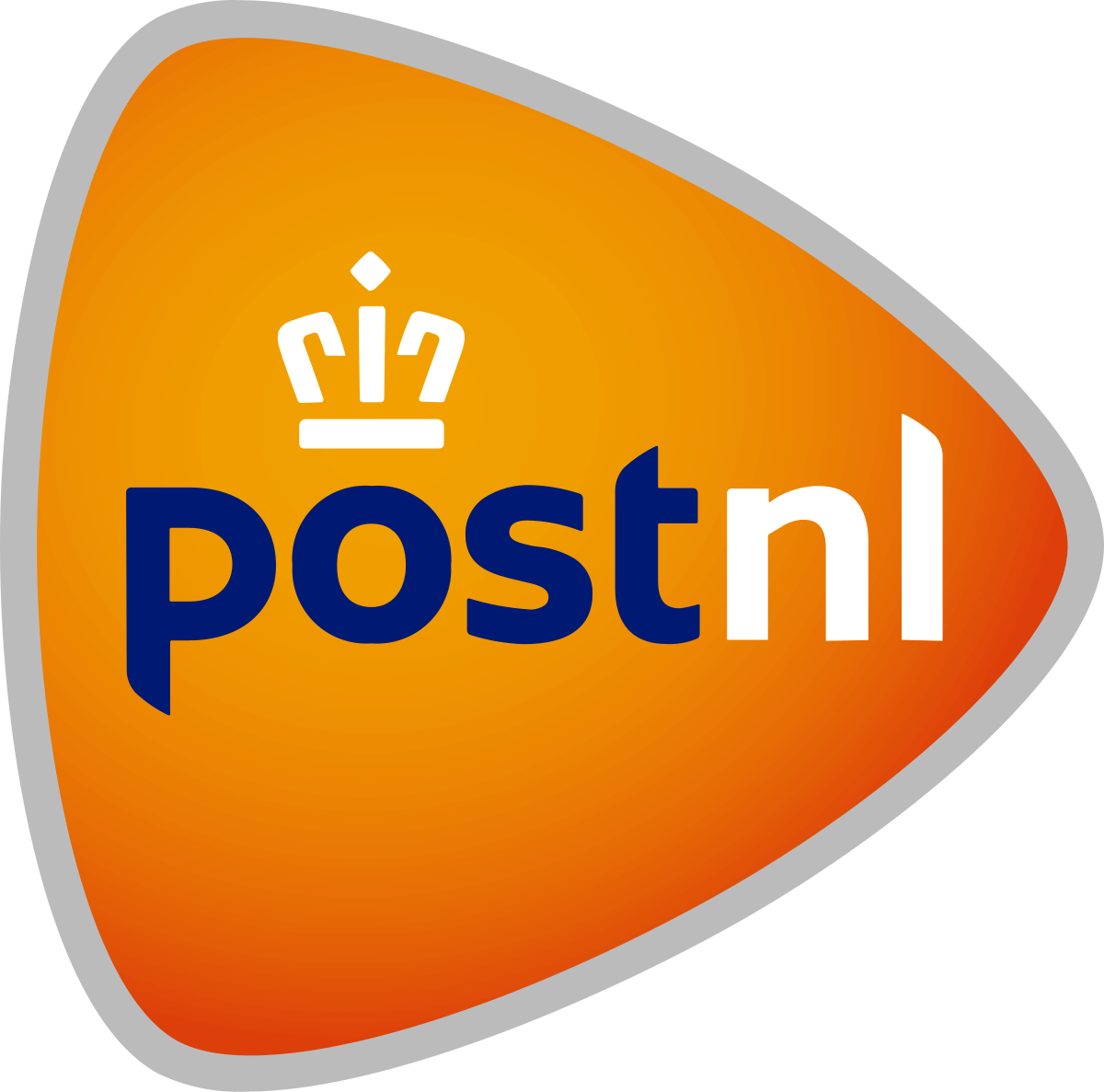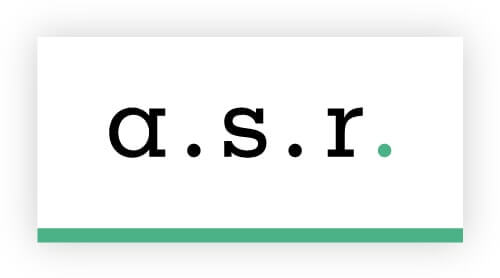When budgets are tight, cheaper bulk SMS rates can seem attractive. Discount SMS providers almost always use grey routing and this can end up in wasting a lot of time and money. In some cases, grey routes can even damage your brand significantly. So what’s the actual situation?
Grey routes are also known as black market routes and are questionably legal. Business SMS messages sent via a grey route are generally cheaper, but carry serious risks. SMS messages via black market routes are usually delivered without important guarantees such as timing, proof of receipt or speed of delivery. Moreover, recipient data often falls prey to cyber criminals. Is it really worth the few euros cheaper?
What are grey routes?
Business SMS traffic, or A2P (application-to-person) traffic is usually sent in accordance with the protocols of the host network. When A2P messages are routed internationally through channels that do not have supplier agreements with operators, hosts are not compensated for their services and there is little oversight of message security or quality control.
Grey routes (as opposed to direct or ‘white routes’) confuse telecommunications networks by bouncing messages between different networks during the sender-receiver journey to mask the origin of the message.
This is how it works in practice: a message originates in the Netherlands and is destined for a recipient – again in the Netherlands, i.e. within national borders as well as within the European Union (EU). But instead of being sent directly from the sender to the recipient, the message is sent via other overseas networks around the world to eventually be delivered back to the Netherlands at lower cost. So, in practice, the SMS takes quite a ‘diversion’ in order to reach its final destination more cheaply. Because of this diversions, on average up to 70% of messages often do not even arrive, without you as the sender realising it.
Although the use of grey routes is not technically illegal, it is unethical because it allows the sender to avoid paying the interconnection costs between the networks involved. Grey routing uses a service originally intended for travellers to use their phones freely abroad and was never intended for business use or bulk messaging.
Disadvantages of sending SMS via grey routing
Grey routes seem price-wise attractive compared to an offer from a provider who consciously chooses to use only direct routes. But there are obvious weaknesses in grey route providers that could damage your reputation – and alienate the customers you want to communicate with in the first place.
– Personal data exposed to unnecessary risks by grey routing
Grey routes are a major risk from an information security perspective. Recipients’ numbers and message content are easily accessible. Fraudsters can also sell the data or use it to send spam or phishing text messages. This is one of the main reasons why Spryng only uses direct routes. Spryng is ISO 27001 and NEN 7510 certified, which ensures that we are always on top of information security for us and our customers.
– Delayed SMS messages
SMS messages sent via grey routes can get stuck and delayed; they can also get lost and never reach the intended recipient.
– Grey routing means low ROI for marketing and sales campaigns
If you send 10,000 messages via grey routes and 50% fail, it means that only 5,000 messages are delivered. If the average profit is €25 per sale and 10% of SMS messages are converted into sales, this means lost revenue is €12,500. Numbers don’t lie!
– Grey routes give no status of SMS messages
There is a complete lack of traceability and ultimately, as a business sender, you cannot know if your message was ever received as there are no receipts.
Since grey routes amount to a significant revenue loss for operators, they are shut down by host networks as soon as they are identified. As a result, SMS messages are simply lost in this case.
Why choose direct or white routes?
If you send a lot of SMS messages, it makes sense to choose an SMS provider such as Spryng. Spryng works exclusively with telecommunication providers with direct routes. This results in:
– Security guarantee and customer protection against spam and malicious content – Guaranteed speed (crucial for authentication traffic) – High delivery rates – Reliability and genuine sender IDs – Avoidance of duplicate messages – Insight into message delivery statistics
Discover the power of SMS for authentication, appointment reminders, marketing campaigns and more. Claim your free trial credits and create a free account with Spryng.







